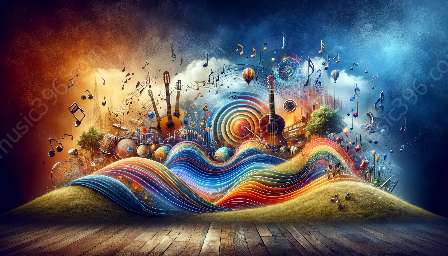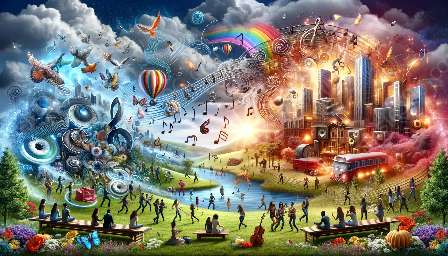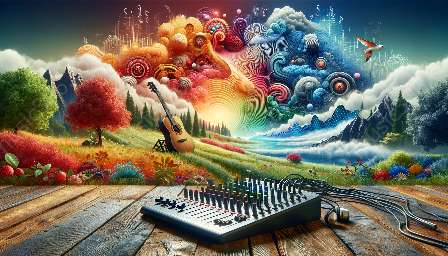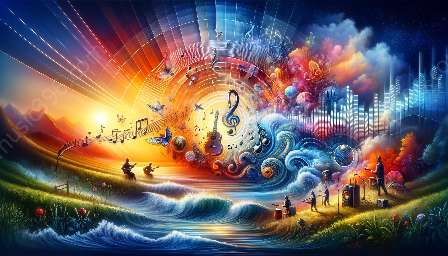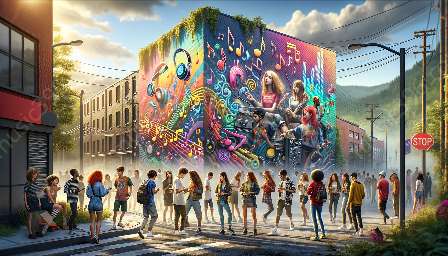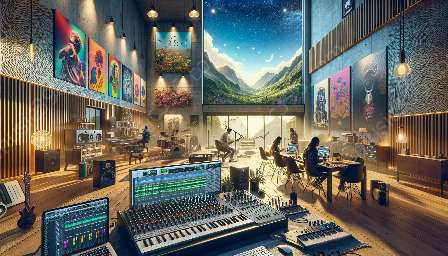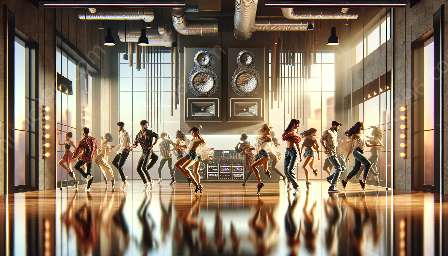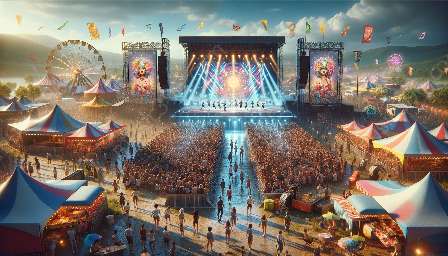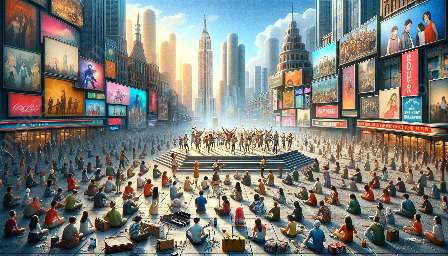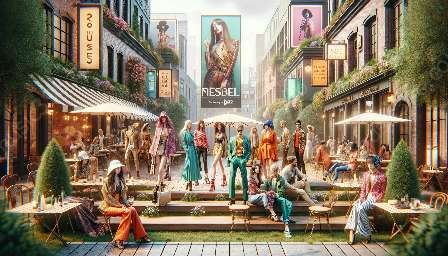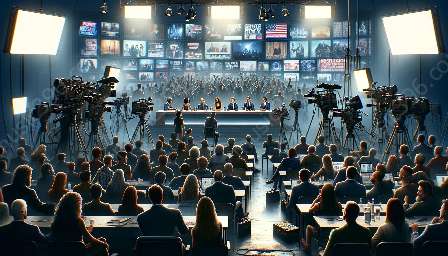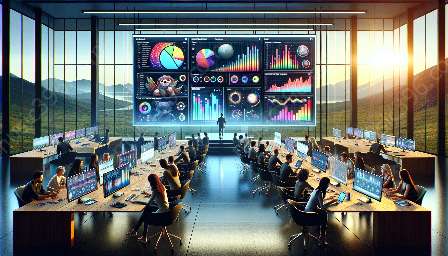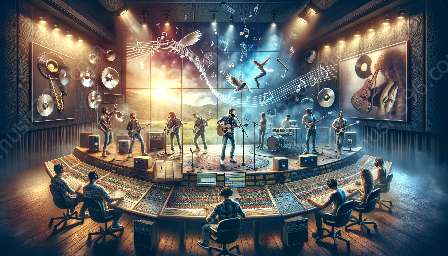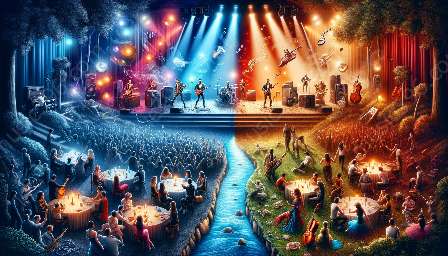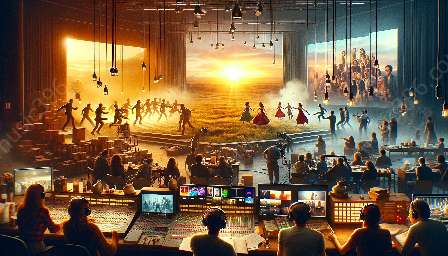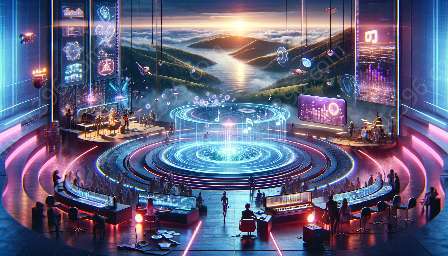Pop music festivals have become an integral part of popular culture, shaping the music industry and influencing broader societal trends. These large-scale events attract thousands of enthusiastic fans, showcasing popular music trends and shaping the cultural landscape. This topic cluster aims to explore the multifaceted relationship between pop music festivals and popular culture, shedding light on the impact of such events on modern society and their influence on the evolution of pop music.
The Evolution of Pop Music Festivals
Pop music festivals have undergone a significant transformation over the years, evolving from small, grassroots gatherings to massive, star-studded events that draw fans from across the globe. The history of pop music festivals is intertwined with the development of popular culture, and their impact extends beyond the music itself, influencing fashion, art, and social movements.
One of the earliest and most iconic pop music festivals, the Woodstock Music & Art Fair, held in 1969, symbolized the counterculture movement and became a touchstone of pop culture history. Since then, countless pop music festivals have emerged, each leaving its mark on popular culture and shaping the contemporary music scene.
The Influence of Pop Music Festivals on Popular Culture
Pop music festivals hold a significant sway over popular culture, generating trends and influencing societal norms. These events serve as platforms for artists to express their creativity, experiment with new sounds, and connect with fans on a profound level. In turn, this interaction between artists and audiences shapes the cultural zeitgeist, driving trends in fashion, lifestyle, and entertainment.
Additionally, pop music festivals foster a sense of community among attendees, transcending geographical and cultural boundaries. They serve as hubs for social interaction, allowing individuals to form connections, share experiences, and express their identities through music and shared cultural experiences.
Pop Music Festivals and the Globalization of Pop Culture
The global reach of pop music festivals has played a pivotal role in the globalization of pop culture. As artists from diverse backgrounds and regions come together to perform at these festivals, they contribute to the cross-pollination of musical genres, styles, and influences. This fusion gives rise to a dynamic, interconnected global pop culture that celebrates diversity and inclusivity.
Furthermore, pop music festivals serve as catalysts for cross-cultural exchange, introducing fans to new sounds and traditions from around the world. This exposure broadens perspectives and fosters a sense of unity, reinforcing the idea that music transcends borders and unites people in shared experiences.
The Impact of Pop Music Festivals on the Pop Music Landscape
Pop music festivals and concerts play a pivotal role in shaping the contemporary pop music landscape. These events provide a platform for emerging artists to gain exposure, expand their fan base, and make a lasting impression on the industry. Additionally, established artists use pop music festivals as opportunities to showcase their latest work and interact directly with their audience, creating memorable moments that resonate across popular culture.
Moreover, the festival environment often fosters collaboration among artists, leading to unique performances, surprise duets, and unexpected musical fusions. This collaborative spirit influences the direction of pop music, inspiring new genres and sounds that reflect the diversity and innovation present in contemporary music.
Diversity and Representation in Pop Music Festivals
Pop music festivals and concerts play a crucial role in promoting diversity and representation within the music industry. These events offer a platform for artists from various backgrounds to showcase their talents, amplifying voices that have been historically marginalized and underrepresented. As a result, pop music festivals contribute to a more inclusive and diverse pop music landscape, reflecting the richness of global cultures and identities.
Furthermore, the rising importance of female artists, LGBTQ+ performers, and musicians from underrepresented communities in pop music festivals has challenged traditional norms and propelled the industry toward greater inclusivity. As a result, the cultural impact of pop music festivals extends beyond music, sparking important conversations about equality, representation, and the celebration of diverse voices.
Conclusion
Pop music festivals serve as dynamic cultural phenomena that significantly influence popular culture and the evolution of pop music. By providing a platform for artistic expression, fostering global connectivity, and shaping the music industry, these events continue to leave a lasting impact on modern society. As the intersection of pop music festivals and popular culture continues to evolve, their influence on societal trends, artistic innovation, and global interconnectedness will remain a defining aspect of contemporary popular culture.

